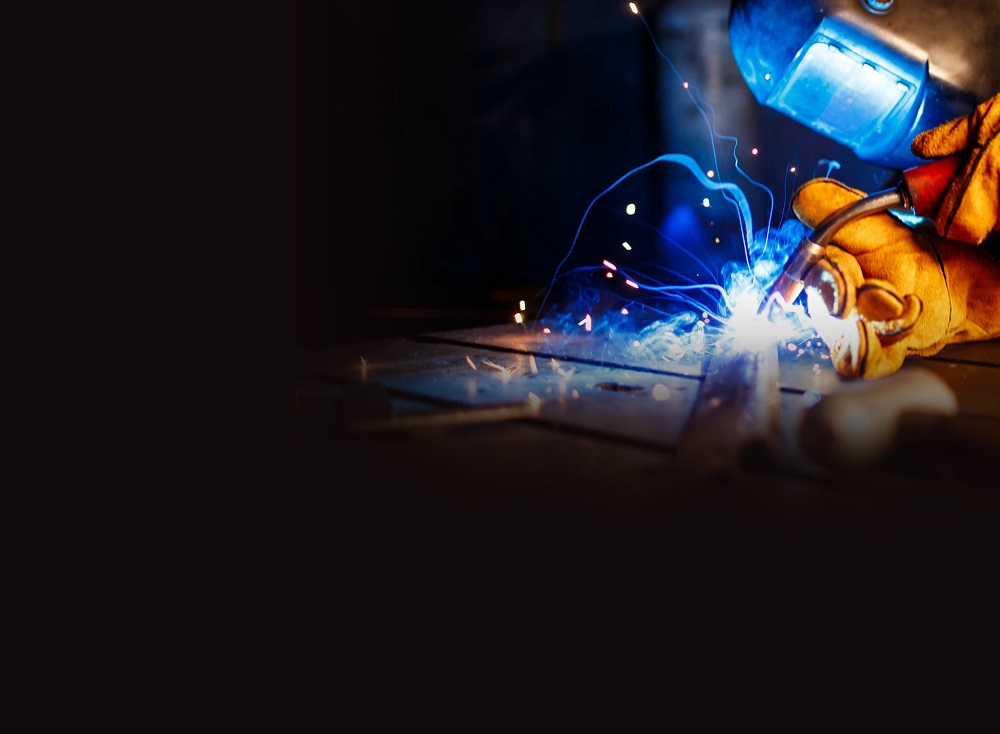ArcelorMittal Nippon Steel India (AM/NS India), a joint venture between global steel giants ArcelorMittal and Nippon Steel, is set to expand its flagship plant in Hazira, Gujarat, aiming to enhance self-reliance in steel supply for the automotive sector. The expansion includes a new 2 million tonne cold rolling mill and an upstream hot strip mill, targeting the fast-growing automotive industry with specialty steel grades.
Ranjan Dhar, Director and VP of Sales and Marketing at AM/NS India, highlighted the company’s strategic move to launch a new automotive line. “We are happy to report that our plant is currently under construction. We aim to increase our capacity from the current 9 million tonnes per annum (MTPA) to 15 MTPA, with an estimated investment of ₹60,000 crore,” Dhar stated. The new cold rolling mill, designed specifically for the automotive industry, will produce all the specialty steel varieties available globally through ArcelorMittal and Nippon Steel.
Dhar emphasized the joint venture’s strength, noting, “Considering the global landscape for automotive steel, there are only 3-4 major companies. Two of those companies – ArcelorMittal and Nippon Steel – are in this joint venture. This brings the best technologies and products available globally for the automotive industry to India.”
As one of the leading integrated flat steel producers in the country, AM/NS India currently has a crude steel capacity of about 9 million tonnes per annum and a pellet capacity of approximately 20 million tonnes. The company’s share in the passenger vehicle segment stands at around 7-8%, which it plans to significantly increase over the next five years. “Our emphasis is that as these new capacities come online early next year, there should technically be no need for any imports,” Dhar added.
The expansion comes amid a surge in demand for high-performance steel in India’s auto industry, with such steel now forming around 60% of the total body structure in today’s vehicles. AM/NS India aims to capitalize on this trend by providing a domestic source of advanced steel materials. Industry experts estimate the specialty steel segment to grow at a CAGR of 7-8%.
Highlighting industry trends, Dhar mentioned that the demand for automotive steel is rising while dependence on imports has declined from 35-38% a few years ago to 10-12% now. “As new capacities are added, including ours at AM/NS India, we’re introducing all the products currently being imported to provide complete solutions domestically,” he said. About 15% of the company’s total steel production revenue currently comes from the automotive segment.
Lakshmi Mittal, Executive Chairman of ArcelorMittal, noted during the 10th edition of the Vibrant Gujarat Summit that the first phase of the Hazira expansion plant is likely to be completed by 2026, with further expansions planned to make it a 24 MTPA steel plant by 2029, making it the world’s largest steel plant.
The upcoming expansion will also include a new cold rolling mill and an auto plant designed specifically for electric vehicle (EV) steel production. AM/NS India is engaging with auto companies developing new EVs for both the Indian and global markets, addressing the unavailability of specific varieties of electrical steel in India. By having these specialized steels available domestically, AM/NS India aims to encourage design innovation in the sector.
Dhar also remarked on the growing demand for both commercial and passenger vehicles in India. He expects a significant pickup in commercial vehicle demand in the latter half of the year. The company’s strategic introduction of specialty products for both internal combustion engine (ICE) and electric vehicles (EV) aims to strengthen the domestic market and position India as an export hub.
In response to the slow progress of investments in the Production Linked Incentive (PLI) scheme for specialty steel, the Ministry of Steel has projected significant future investments. Acknowledging the PLI scheme’s advantages, Dhar noted the need for a larger push towards manufacturing across all sectors to foster job creation and sustained economic growth. He emphasized the importance of creating 15-20 mega-manufacturing zones across the country, encompassing various industries.
With these strategic expansions and investments, AM/NS India is poised to play a crucial role in meeting the growing demand for high-performance steel in the automotive industry, thereby reducing import dependence and bolstering India’s self-reliance in steel supply.







